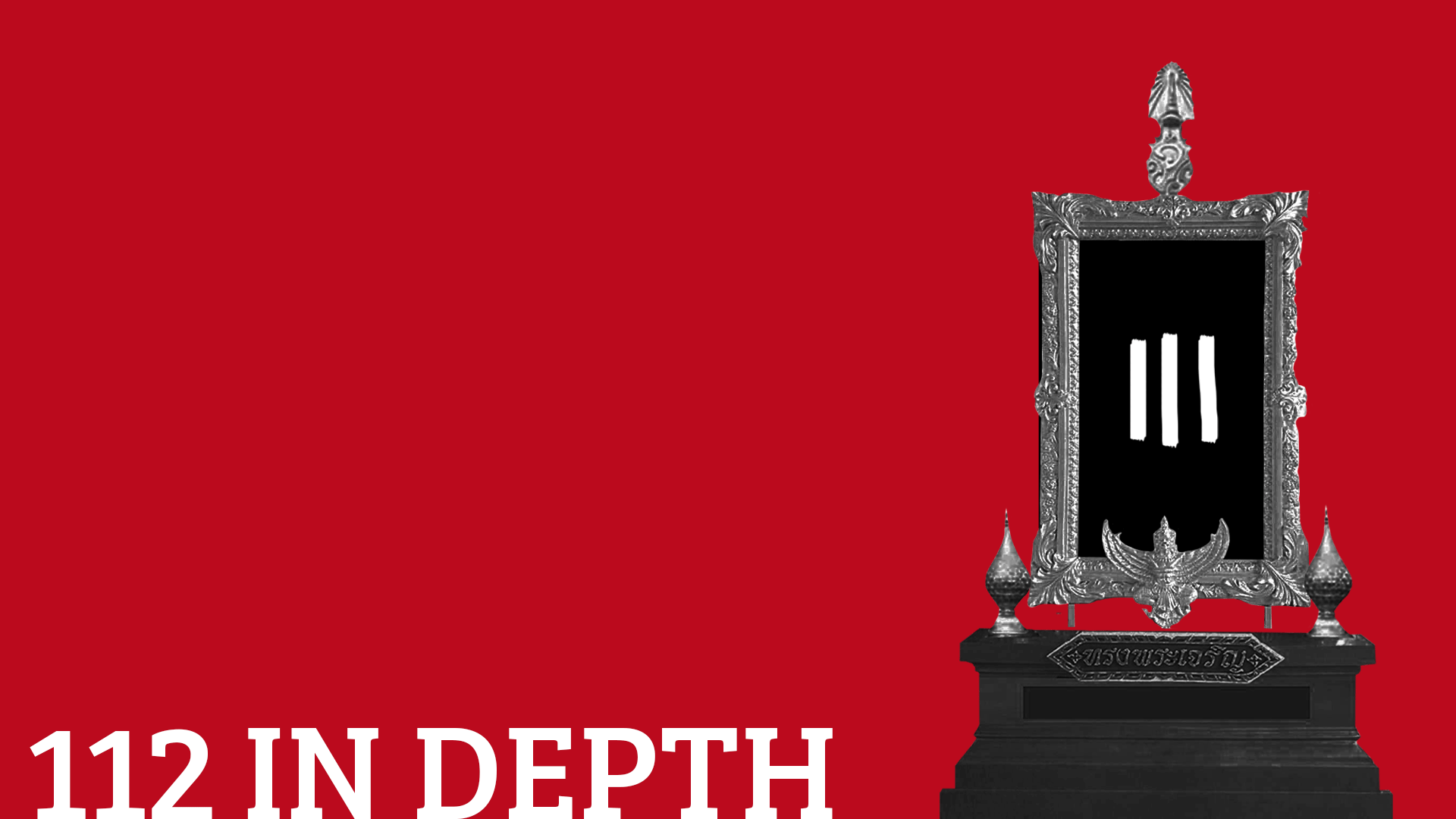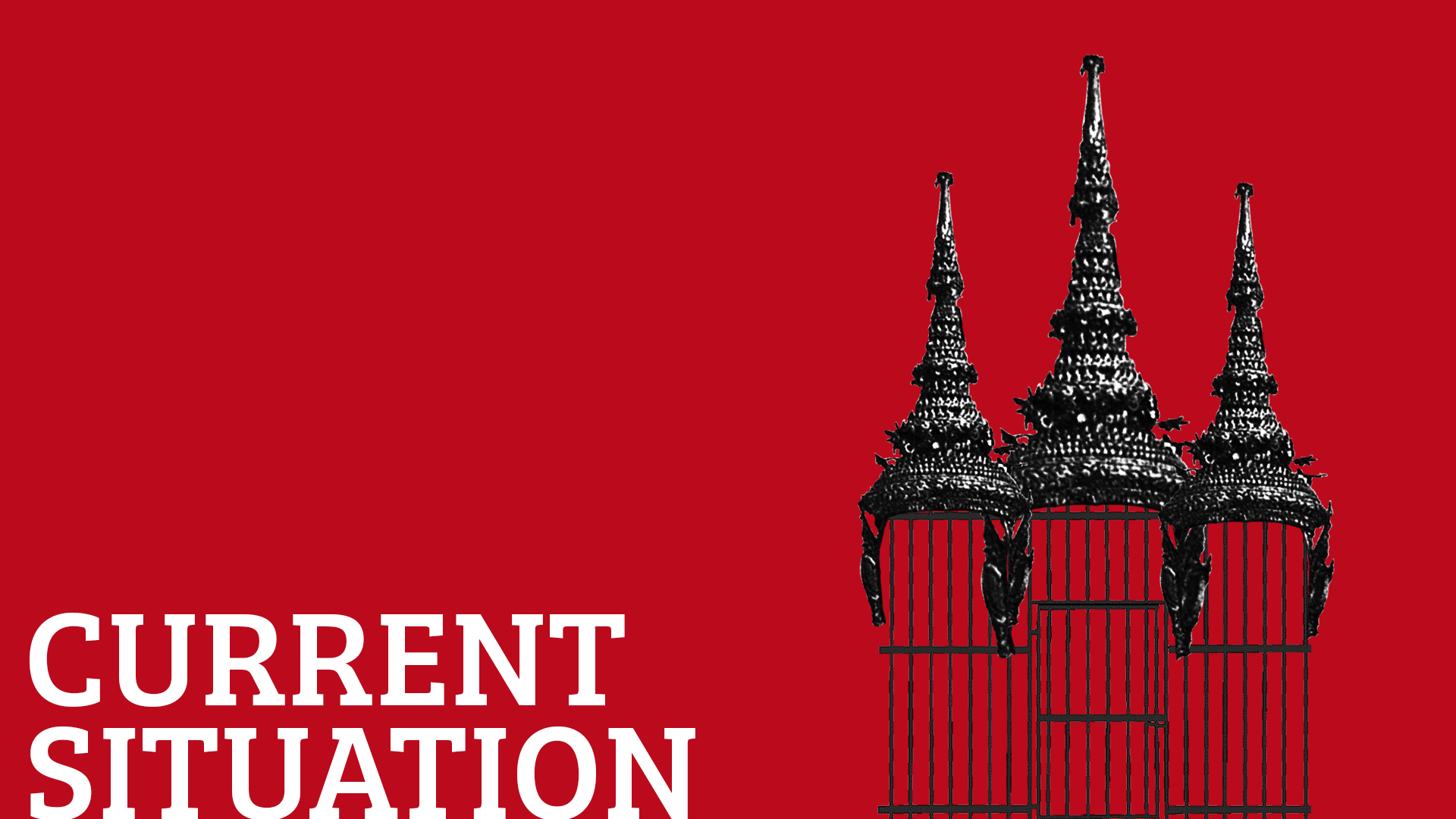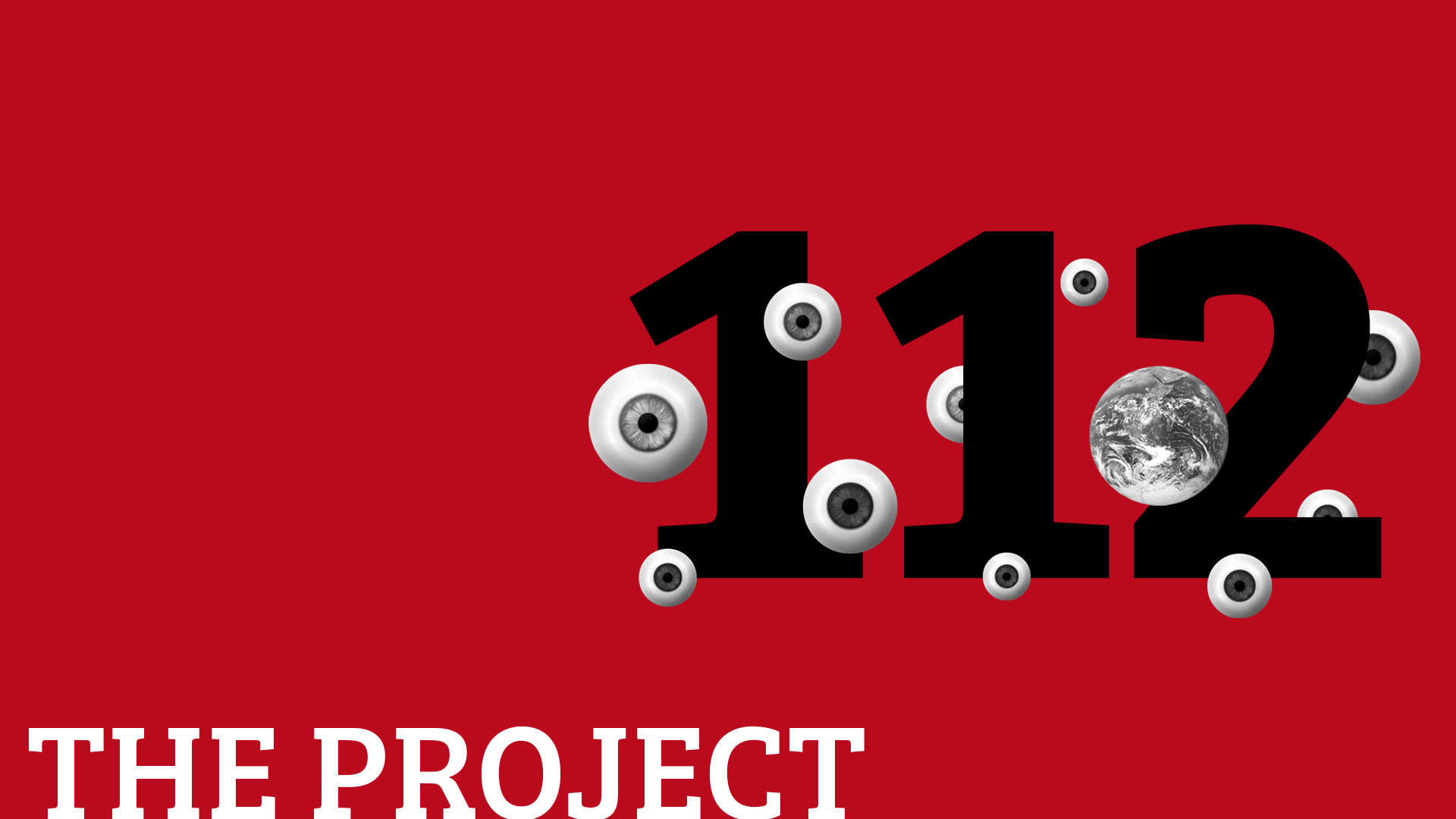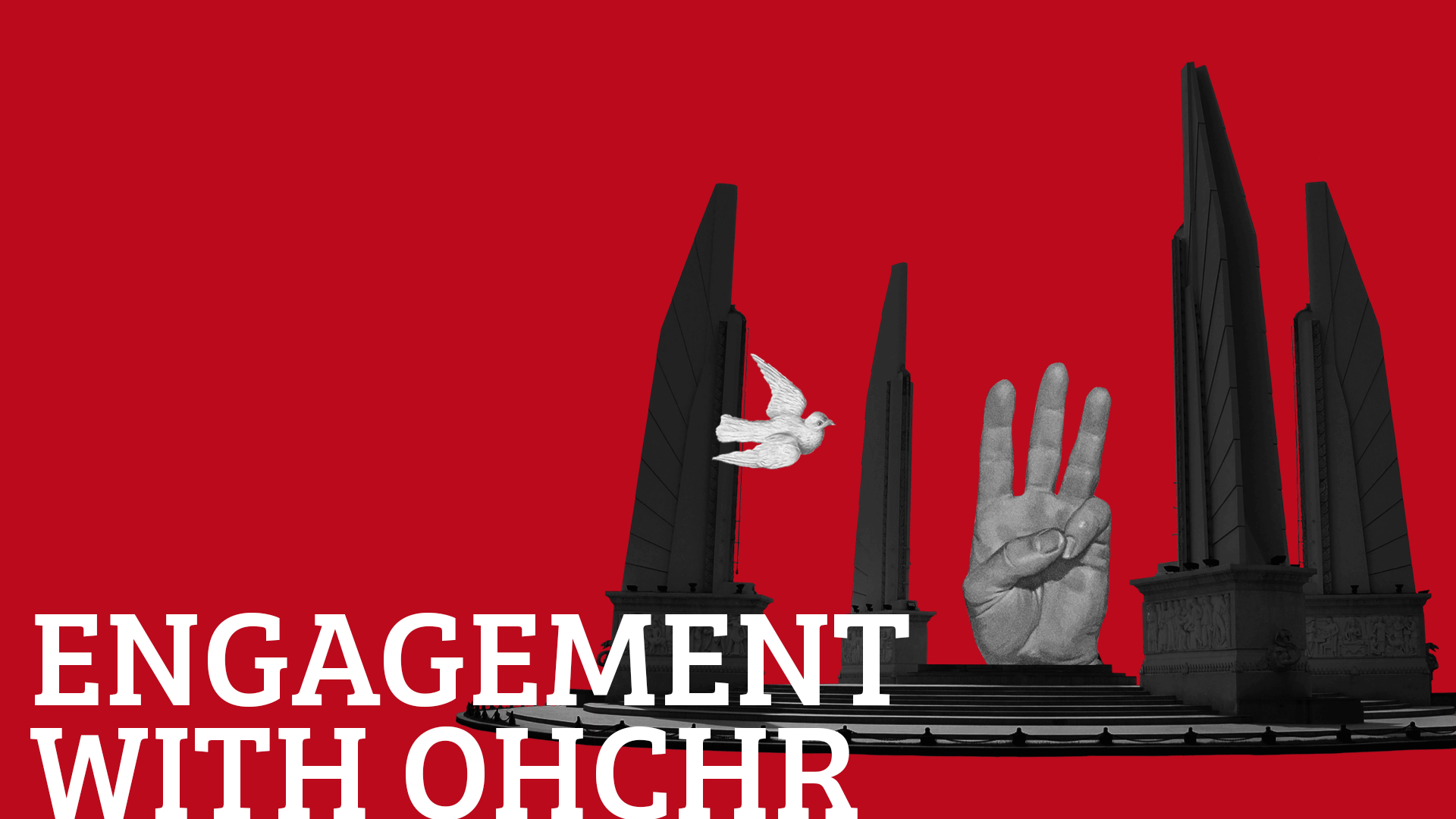
The Dangerous Implications of Paul Chambers’ Article 112 Arrest
Ignoring the plight of Chambers would be ruinous. Thai and international academics, students and the public, cannot let this case vanish from the headlines.
April 14, 2025
Charges under Thailand’s strict lese-majeste law used to be rare, both for Thais and foreigners. When foreigners were charged, it made public headlines, and such was the case of a drunken Swiss man, who defaced the portraits of King Bhumibol (Rama IX) and Queen Sirikit on December 5, his birthday. On the same day, however he was not only given a reduced sentenced, but was pardoned by the King after offering an admission of guilt. A few years later, an Australian novelist was also charged a convicted for defaming the Crown Prince in his novel, but was pardoned seven months later. Public remorse and admissions of guilt were often keys to early release.
Use of the lese-majeste law was uncommon, except in rare occasions, as the late Bhumibol once remarked in 2005, “If the King can do no wrong, it is akin to looking down upon him because the King is not being treated as a human being. But the King can do wrong.”
But that would soon change as after Thailand’s 2006 coup d'état, where the military began asserting itself not only as an “arch-royalist protector”, but as an essential element of the Kingdom’s now-famous “parallel state” where powerful institutions operate under vague and informal rules and hide behind a thin veneer of democracy. And as it kept asserting itself more forcefully in defense of the monarchy as Bhumibol’s health declined, the weaponisation of the lese-majeste law became more frequent. Academics got caught up as frequently as the general public, with Somsak Jeamteerasakul, a Thammasat University historian was arrested for proposing monarchical reform and Giles Ji Ungpakorn from Chulalongkorn University fled Thailand following his 2007 book, A Coup for the Rich.
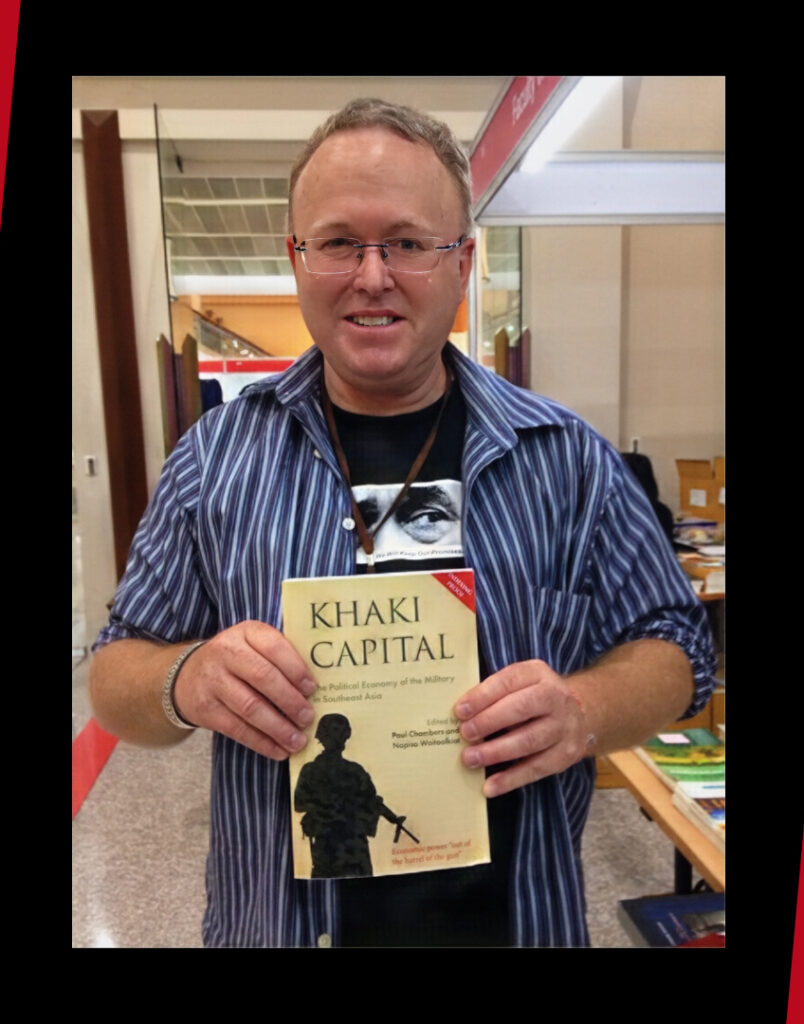
Providing critical analysis of this period and the subsequent 2014 coup d'état, which brought Gen. Prayuth Chan-o-cha to power for more than nine years, was Dr. Paul Chambers. One of his most prescient works was his elaboration on the “monarchised military” in Thailand, where the military embraces cultural, religious, and symbolic connections to the Palace, in turn, extending and legitimising its power. Central to that was the aforementioned guardianship, with Article 112 of the Criminal Code increasingly used against those who would seek undermine it or the Palace. The differences were extreme, as less than five cases per year were filed before the 2006 coup, but since 2020, more than 2,000 people have been charged under the law as well as Thailand’s Emergency Decree—another political tool to crush dissent.
It is during times of great political sensitivity, such as during Bhumibol’s deteriorating health or the 2020 street protests that challenged Prayuth’s handling of the economy and its management of the COVID-19 pandemic, when the military-backed government began ever-more cruel sentences. In January 2021, a 65-year old former civil servant was sentenced to an 87-year sentence, later reduced to just under 44 years, but still the most brutal sentence ever handed down. In that period, no one was spared, not even teenaged children. Human rights lawyer Arnon Nampa is currently behind bars for his participation in a Harry Potter-themed protest in 2020.
Thailand’s lese-majeste law has been a very old stain on its already flawed human rights record, but with the arrest of Chambers, it marks what might be another high water mark. A sad reality is that Article 112 becomes increasingly normalised as sentencing becomes more cruel. Members of Parliament such as then 29-year old former Move Forward Party MP Rukchanok Srinork was sentenced to six years on a lese-majeste charge, making headlines briefly, then lost from the public consciousness. Her crime? Simply retweeting posts critical of Thailand’s COVID-19 response, simply because the vaccine manufacturer was owned by King Maha Vajiralongkorn himself.
In Thailand, it seemed as if no one is off limits—with limitations only on foreign nationals. However, that’s changing. Lese-majeste expert David Streckfuss had his immigration visa pulled and was fired from his position at Khon Kaen University, but he wasn’t expelled from the country.
But now, the Royal Thai Army, has come for Chambers, a desired target of theirs for many years. His latest book, Praetorian Kingdom, a chronicle of how the military established itself as both a defender of the monarchy and a powerful institution in their own right, likely ruffled feathers. His recent research on “khaki capitalism”, where the Thai military, in pursuit of its guardianship of the Palace, justifies predatory varieties of capitalism to secure resources has gained considerable traction in academic and public circles.
As with the case of Streckfuss, the charges against Chambers are equally flimsy, as they are based on a small preview description of a talk Chambers attended last year, language he did not even write himself. Rather, this is equally about intimidating him and in the process, denying him the right to work in Thailand. His possible deportation would be a clear win for the Thai military, but a crushing blow to any foreign scholar working in the country. If Chambers is silenced, who’s next?
In the struggle for academic freedom in Thai society, of which the majority of Thais in May 2023 voted for a more democratic society, ignoring the plight of Chambers would be ruinous. Both Thai and international academics, students, and the public at-large cannot afford to let this case vanish from the headlines.
There is a petition circulating that calls for the Article 112 charges to be dismissed immediately and his immigration visa restored so that Chambers can get back to doing what he does best. His work is indispensable to academics, analysts, and journalists. He belongs back in the classroom and at his desk. I urge everyone who reads this article to sign it, share it, but more importantly keep his case in the public eye.
Mark S. Cogan
Associate Professor of Peace and Conflict Studies at Kansai Gaidai University
Download 112Watch Statement
